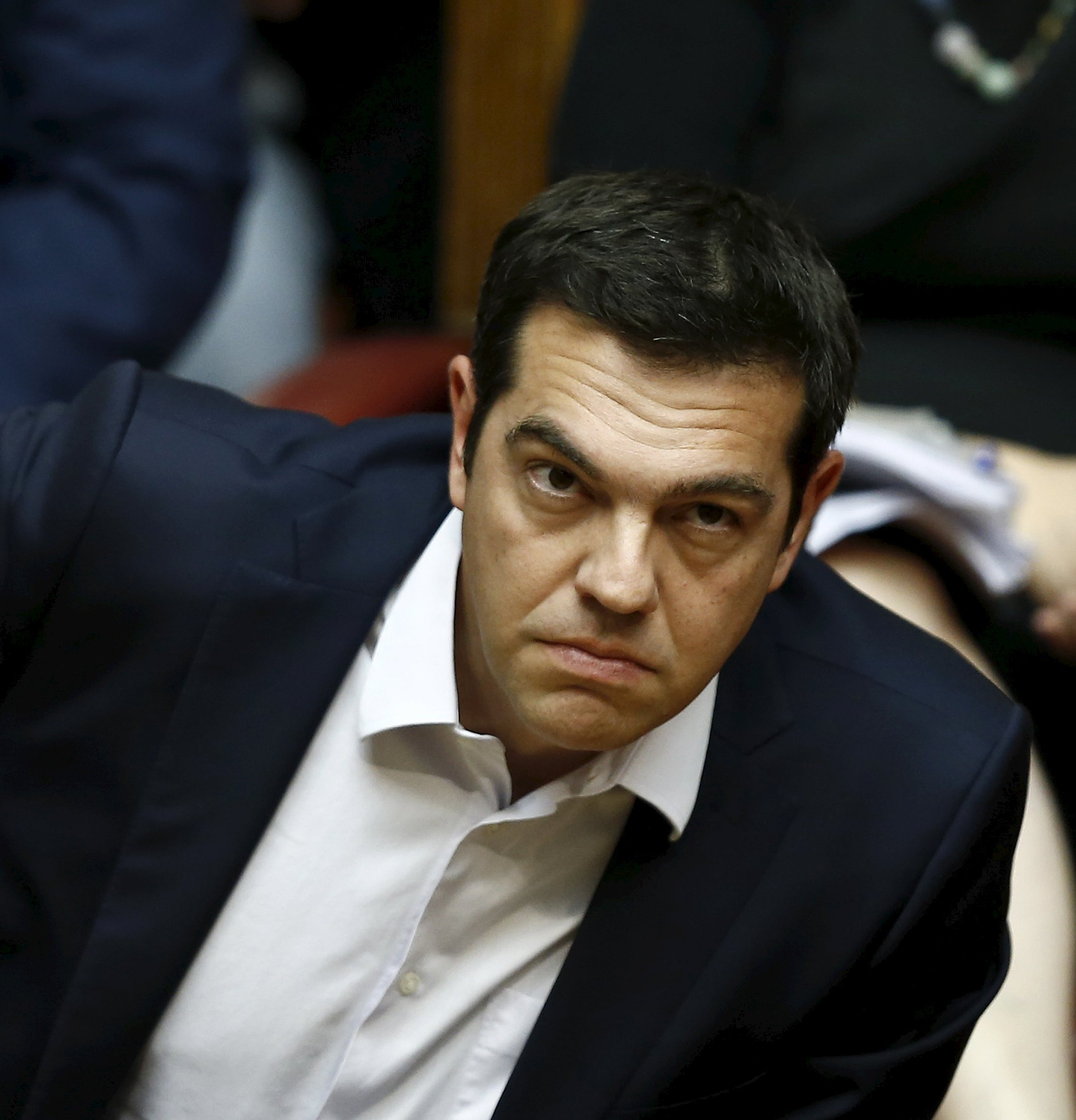Greece’s future in balance as creditors reject aid extension
Greece’s place in the euro currency bloc looked increasingly shaky on Saturday after eurozone nations rejected a month-long extension to its bailout program and the prime minister called for a risky popular vote on the country’s financial future. Worried Greeks queued outside banks for cash amid the uncertainty, while eurozone finance ministers deciding to hold a meeting without Greece to assess how to keep the euro currency union stable in the face of heightened risks that Greece could drop out. Prime Minister Alexis Tsipras shocked Greece’s creditors late Friday when he called for a referendum in a week on whether to accept the reforms that the rescue lenders want in return for more financial aid.
We must conclude that, however regretful, that the program will expire on Tuesday night. That is the latest date that we could have reached an agreement.
Jeroen Dijsselbloem, the top eurozone official
The country’s bailout program ends Tuesday and without an extension or more loans from creditors, Greece is likely to be in arrears on a debt payment due the same day. Its banks face the risk of collapse. The Greek government’s call for the people to vote against a proposed bailout deal from international creditors on July 5 angered many of its eurozone partners. Now much will depend on whether the European Central Bank will accept to continue to prop up Greek banks even after the country’s bailout program expires. It would be under huge pressure to stop using eurozone taxpayer money to keep alive the banks if there is no prospect for a deal.

Business Greece